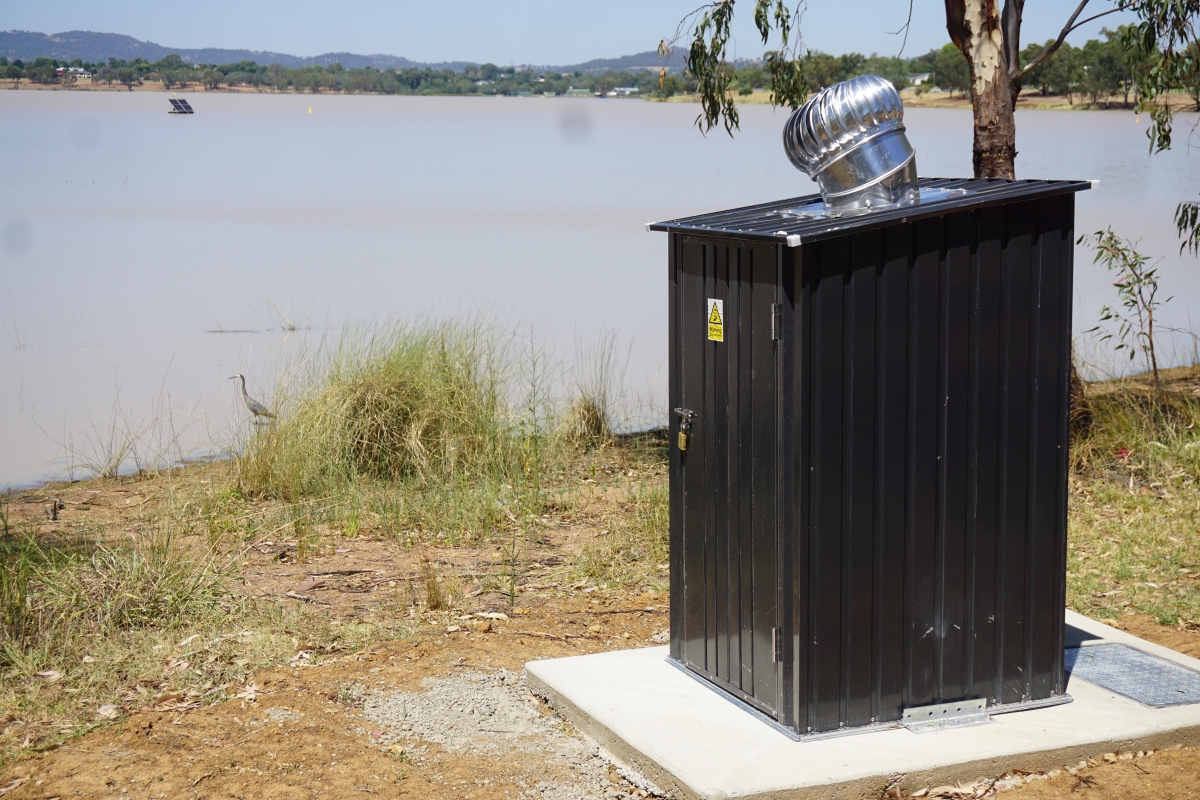The Law Council of Australia believes the basic right of incarcerated individuals to have their application for liberty considered in a transparent and accountable manner requires establishment of an independent federal statutory body with the power to make parole decisions.
“Once a federal offender is sentenced, responsibility for determining parole shifts to the executive branch of the government,” Law Council of Australia President, Mr Tass Liveris said.
“While it is appropriate for the government to decide the parameters and criteria for granting parole, we do not feel it is in the best interests of the community for Ministers to make decisions on each individual parole application.
“Rather, an independent parole authority should determine whether the facts of a parole application make a person eligible under the set statutory criteria. This addresses the risk of perceived political interference in parole decisions and brings the federal process in line with state and territory jurisdictions.”
The Law Council of Australia has today released a position paper outlining the principles which must underpin a federal parole authority.
“The successful functioning of a federal parole authority will be determined by the extent to which it is underpinned by four key design principles: independence, transparency, procedural fairness, and accountability,” Mr Liveris said.
“It must also be adequately resourced, including investment in additional legal assistance funding to assist federal prisoners to respond to notices of intent to refuse parole, to represent them at any hearing, and if necessary, to challenge adverse decisions.”
The federal parole authority’s decisions should be final, subject to judicial review under the Administrative Decisions (Judicial Review) Act 1977 (Cth), and not subject to the responsible Minister’s approval. The authority should also make decisions in relation to the conditions to be attached to release on parole and license.
The membership of a federal parole authority should include a mix of legally qualified persons and individuals with broader inter disciplinary expertise relevant to the objectives of the parole system.
“It is vital the parole authority reflect a diverse range of viewpoints from across the community, such as the perspectives of victims of crime, and the perspectives of First Nations Australians,” Mr Liveris said.
“Outcomes and decisions should be monitored and the data captured allow for informed evaluation of the effectiveness of parole provisions in realising the objectives of parole, including the reintegration and rehabilitation of offenders.”
To better support the effectiveness of a federal parole authority, an Office for the Management of Federal Offenders (OMFO) should be established. Importantly, the functions of the OMFO should include maintaining an up to date case management database of all federal offenders and a victim notification register.







